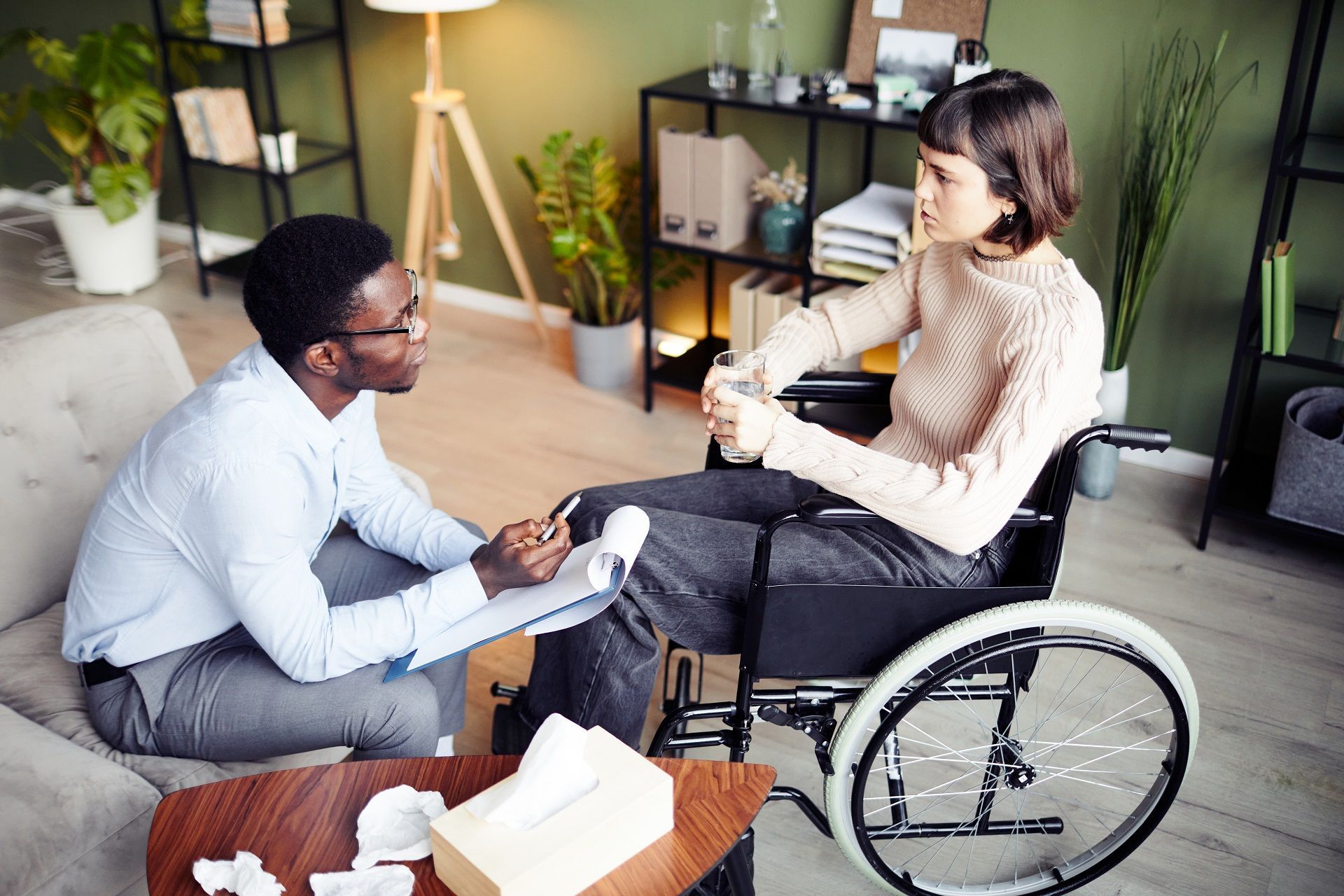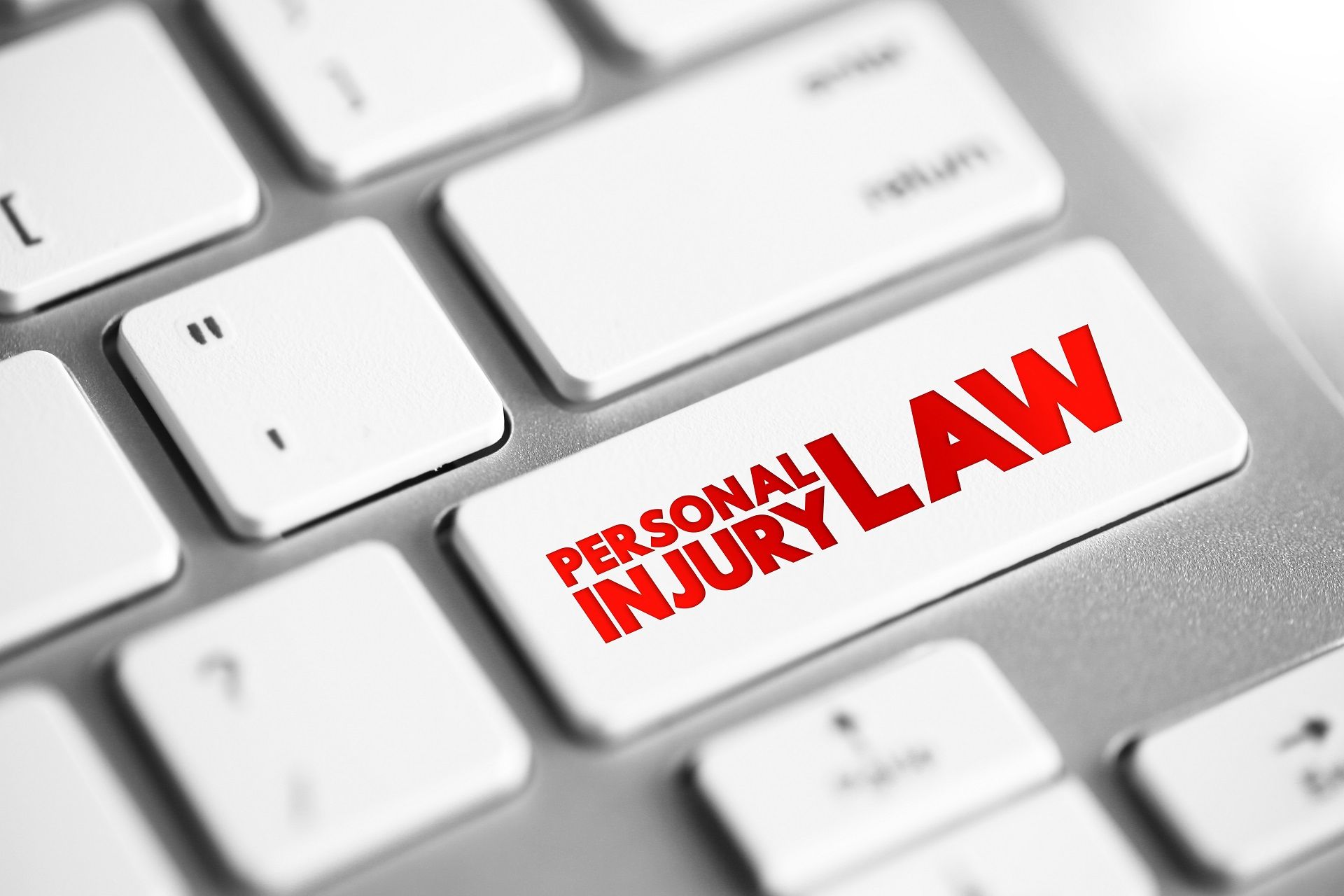Vocational Rehabilitation: How It Helps People With Disabilities

Disabled individuals are one of the most vulnerable members of our society. They have sustained serious injuries or developed long-term disabilities that have changed their lives from the very core. Every aspect of their daily activities is affected, particularly work as many are unable to find and hold down steady jobs.
While it seems all cards are stacked up against them, vocational rehabilitation makes it possible for people with disabilities to reenter the workforce and find meaningful employment.
Today, we will learn everything about this field: how people can sign up for Maine vocational rehabilitation, and equally important, how you too become a vocational counselor.
What Is Vocational Rehabilitation?
Maine vocational rehabilitation, and vocational rehabilitation in general, is a comprehensive field of services designed to help people with disabilities and debilitating injuries find the path toward their career goals.
Ultimately, it also helps meet their own goals, improve quality of life, and become more independent.
Professionals guiding disabled people throughout this journey are called vocational counselors. The services they offer aren’t singular, and they usually customize them to reach the needs of each individual client.
Their responsibilities include evaluating the current capabilities and limitations of disabled individuals, along with their career goals and interests. All these factors help determine the necessary training and skill acquisition program each person has to go through until they’re able to secure gainful employment.
Furthermore, the services they offer may include:
- Helping clients find a strong support system
- Creating customized employment plans
- Preparing clients to develop new skills they can use in the workplace
- Conducting research with potential employers about modifications that can be made to accommodate the disabled individual
- Helping clients obtain assistive technologies (wheelchairs, walkers, etc)
- Coping with mental issues stemming from debilitating conditions and developing healthy coping skills
What Kind Of Disabilities Does Vocational Rehabilitation Cover?
Vocational rehabilitation is aimed at all individuals who have a condition that prevents them from entering the workforce. This includes all physical injuries and psychological conditions, as well as developmental disorders.
For instance, a vocational counselor can assist and guide a special needs individual to become independent in all vocational aspects, such as:
- Learning basic job skills
- Finding appropriate jobs and obtaining employment
- Performing tasks associated with a particular job
Skills Required For Effective Vocational Counseling
The most important trait of a successful counselor is empathy. Since clients who rely on vocational rehabilitation have had to face an insurmountable amount of stress related to their conditions, a sense of compassion is absolutely vital for the process of vocational counseling.
Additionally, a strong set of personal skills is also required, including:
- Interpersonal/communication skills (especially for clients with cognitive disabilities)
- Critical thinking
- Problem-solving skills
- Active listening skills
- Patience
Success in the vocational rehabilitation field also calls for unprecedented research skills and a deep knowledge of the current job market. A vocational counselor must be skilled enough to track down community resources together with job opportunities for disabled individuals. They also must have a solid network of other service providers, such as physical therapists or mental health professionals.
How To Apply For Maine Vocational Rehabilitation
As long as a person has an impairment that prevents them from finding employment, they are eligible for Maine vocational rehabilitation program.
Application is easy and can be completed through the Maine Department of Labor
website or by calling
1-888-457-8883.
These services are free and there are no charges for any diagnoses,
vocational evaluation or counseling, or job placement assistance.
How To Become A Vocational Rehabilitation Counselor
Helping others is a fulfilling career path, so if you’re wondering how to enter the field of Maine vocational rehabilitation, here are the basics.
Unlike in some states where it’s possible to offer a limited range of services as an unlicensed counselor, in Maine, you need to have a master's degree connected to fields such as counseling or human services. Ideally, you want your master’s degree to be in line with your future specialty. For instance, if you want to work with children, it’s useful to have a degree in counseling with an emphasis on childhood disorders.
While in the process of earning a master’s degree in rehabilitation counseling, it’s also possible to obtain additional certifications and complete examinations, such as (but not limited to):
- Employment specialist certifications
- Certified rehabilitation counselor examination
- National counselor certification
Besides passing the state exam and possessing academic credentials, you will also require a certain number of hours of supervised experience. Upon the completion of the state exam, you’ll need continuing education to maintain your license.
Maine vocational rehabilitation professionals can find plenty of work and many are employed in a variety of organizations. This includes schools, community rehab centers, and youth guidance organizations, to name a few. As we already mentioned, depending on the organization and the clients themselves, the counselor will offer and perform a different range of services.
Finally, there is an option to open up a private practice as a counselor. This gives you more flexibility in terms of the clients you choose to work with and the hours you work. For some, this is important as it’s not uncommon for vocational counselors to work weekends and even night shifts.
What Is The Average Salary For A Vocational Counselor?
If you’re trying to enter the field of Maine vocational rehabilitation, it’s only natural to wonder about the salary. Fortunately, counselors are well compensated as the average annual salary is around $70k.
Keep in mind that the final tally can vary depending on your experience, education, as well as any extra certifications you possess.
Helping Those In Need
Although not as prominent as attorneys or therapists, vocational rehabilitation counselors have the same impact on society. In fact, we’re willing to go as far as saying they carry equal importance as they help the most vulnerable and, more often than not, unrepresented members of our society find their footing in their life.
Regardless of the specialty, vocational rehabilitation counselors generally find their work very rewarding. This is not surprising, as seeing clients successfully overcome challenges and develop into functional members is probably the most rewarding and fulfilling feeling in the world.
If you want to learn more about the field of vocational rehabilitation, life care planning, and vocational evaluation, feel free to read some of the resources we offer on our
website.
RECENT POSTS
CONTACT US
We will get back to you as soon as possible.
Please try again later.
Evaluation Request
Contact Us
We will get back to you as soon as possible.
Please try again later.
Contact
Contact Us
We will get back to you as soon as possible.
Please try again later.
All Rights Reserved.
This website is managed by Oamii.







